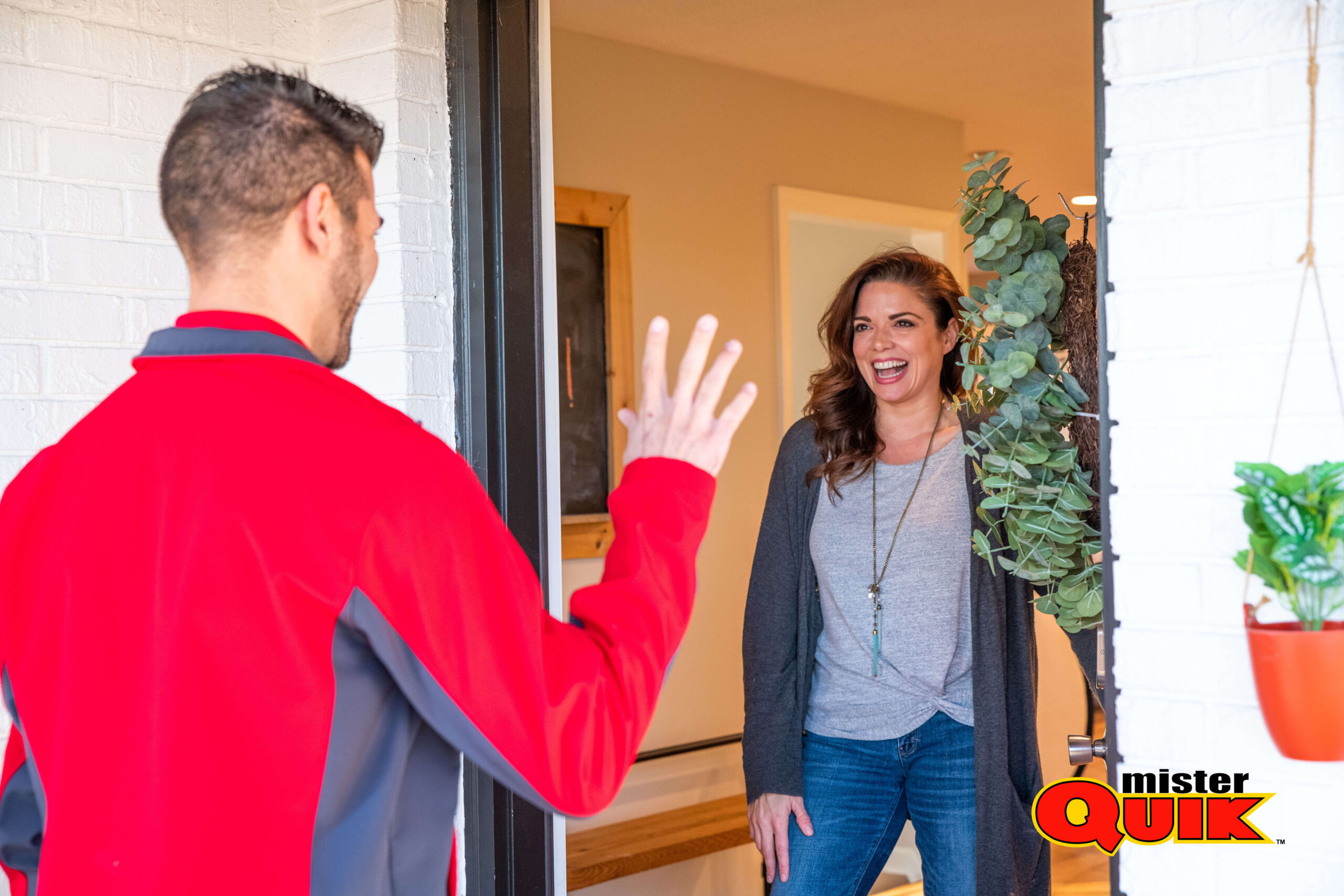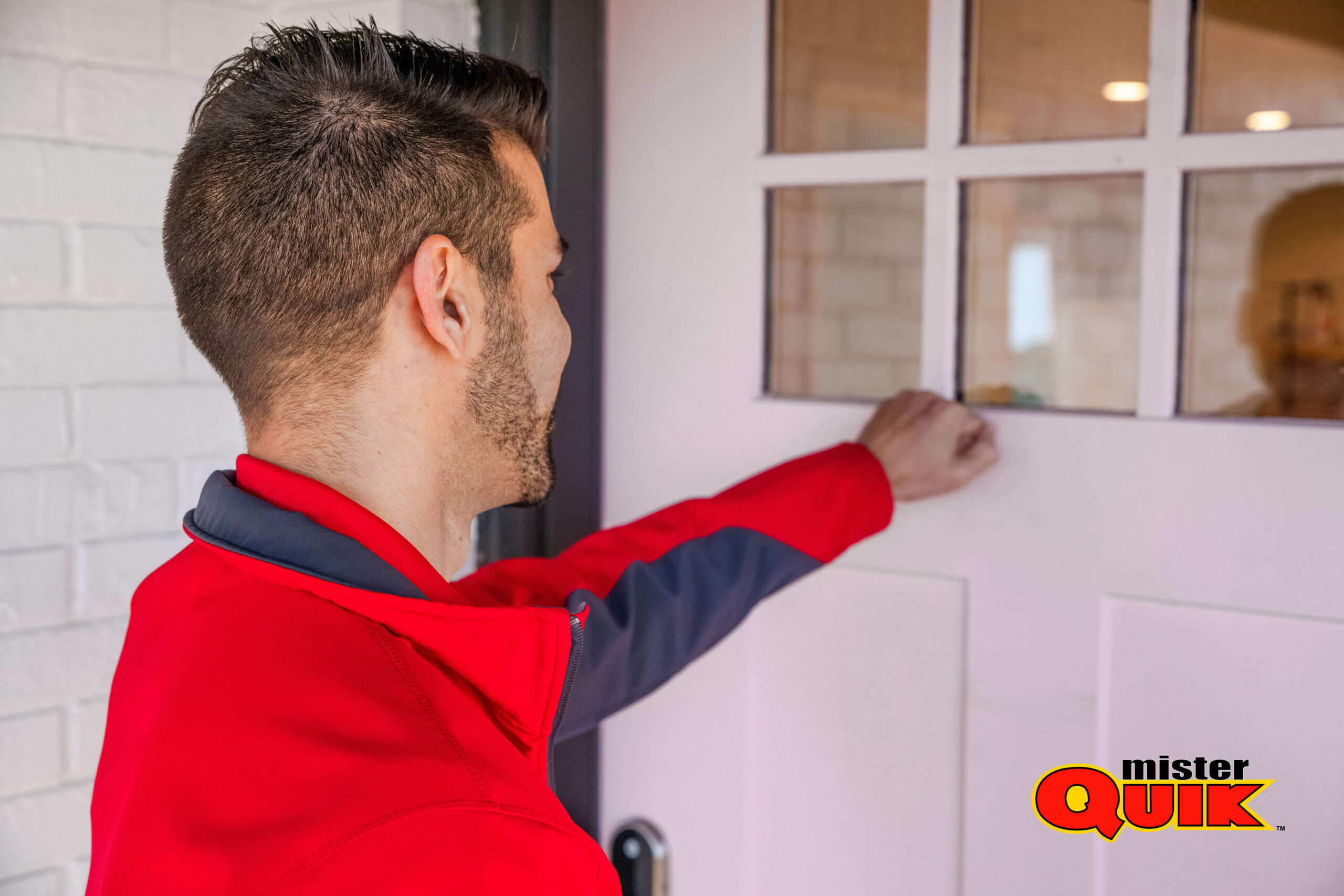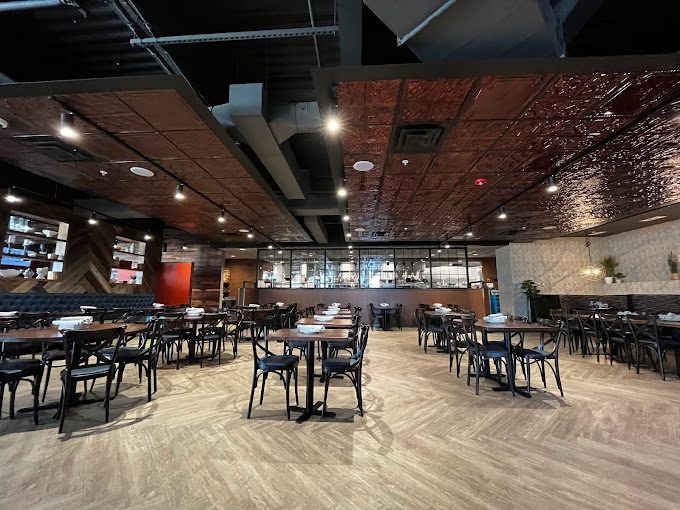Carmel HEPA Filters
Schedule on your own without making a call. Click the button below to get started!

How Is HEPA Made And How Does It Clean Air?
Here’s a breakdown of how HEPA filters are made and how they effectively clean air:
HEPA Filter Construction:
Material: HEPA filters are typically constructed from a mesh of fine fibers, often made of fiberglass or polypropylene. These fibers have diameters ranging from 0.5 to 2.0 micrometers (µm).
Random Arrangement: The fibers are not arranged in a simple grid pattern but rather in a random, chaotic fashion. This seemingly disorganized structure plays a crucial role in the filter’s efficiency.
HEPA Filter Mechanism:
HEPA filters capture airborne particles using three primary mechanisms:
- Sieving: Larger particles (around 10 microns and above) are simply too big to fit through the gaps between the fibers and are physically sieved out of the air as it passes through the filter.
- Interception: As air flows through the maze of randomly arranged fibers, some medium-sized particles (in the range of 0.3 to 10 microns) collide with and stick to the fibers due to their inertia.
- Diffusion: The smallest particles, including those around 0.3 microns (the most penetrating particle size, or MPPS), are affected by the random motion of air molecules (Brownian motion). This erratic movement can cause these tiny particles to bump into fibers and adhere to them, even if they wouldn’t have otherwise been intercepted by their size.
HEPA Efficiency:
HEPA filters are rigorously tested and rated according to their efficiency in capturing particles at the MPPS (0.3 microns). A true HEPA filter, as defined by the U.S. Department of Energy (DOE), must remove at least 99.97% of these most challenging particles from the air passing through it.
Should I Install A HEPA Filtration System In My Home?
Whether or not you should install a HEPA filtration system in your home depends on several factors, but here’s a breakdown to help you decide:
Benefits of HEPA Filtration:
HEPA filters can help capture harmful particles present in secondhand smoke, improving air quality for non-smokers in the household.
A HEPA filtration system can contribute to a healthier and more comfortable home environment by reducing airborne contaminants.
If you frequently experience allergy or asthma symptoms, have respiratory problems, or notice excessive dust or pet dander, a HEPA filtration system can significantly improve your indoor air quality.
If your HVAC system already uses air filters, HEPA filters can provide an additional layer of protection. However, consult your HVAC professional to ensure your system can handle the increased airflow resistance that HEPA filters can introduce.
HEPA filtration can be particularly beneficial in urban areas with higher pollution levels or homes with pets that shed.
Manufacturers test each HEPA filter according to the methodologies provided by the Institute of Environmental Sciences and Technologies and the International Organization for Standardization. This test challenges filters with particles or aerosols of a specific size and measures the output.
If your HEPA filter is not specifically labeled as washable or “permanent,” then the answer is no – while it may still filter the air it will have reduced effectiveness after washing.
Washing makes a standard HEPA filter unusable, so don’t wash a filter unless the manufacturer recommends it! Some filter types are washable.
Won’t remove every particle: Unfortunately, HEPA filters will not remove pollutants from the air that are smaller than 0.3 microns, including viruses, some bacteria, and volatile organic compounds (VOCs).
The whole-home air purifier may be used in any room and will remove many allergens, dust mites, pet dander, mold spores, and other airborne contaminants. These filters are very effective because they do not require you to clean or replace them often.
Why Would I Install A HEPA Air Cleaner vs Another Type Of Air Cleaner?
Here’s why you might choose a HEPA air cleaner over other types of air cleaners:
HEPA’s Key Advantage: Superior Particle Capture


HEPA filters trap the tiniest particles: HEPA stands for High-Efficiency Particulate Air. These filters excel at capturing microscopic particles as small as 0.3 microns, which is the most penetrating particle size (MPPS). This means they effectively remove allergens, dust, pollen, mold spores, pet dander, and even some bacteria and viruses from your indoor air.
HEPA vs. Other Air Cleaner Technologies:
Standard air filters: These are typically less efficient than HEPA filters and may only capture larger particles like dust and lint.
Ionic air purifiers: These work by electrically charging particles to attract them to collection plates. While they can capture some particles, they may also generate ozone, a lung irritant. HEPA filters are a safer alternative, especially for those with respiratory issues.
Ultraviolet (UV) germicidal irradiation (UVGI): UV light can kill some airborne bacteria and viruses but doesn’t remove particles itself. HEPA filters physically trap these contaminants for cleaner air.
Who Benefits Most from HEPA Air Cleaners?
Allergy and asthma sufferers: HEPA filters are highly effective at capturing allergens that trigger allergy and asthma symptoms, promoting easier breathing and a better quality of life.
People with respiratory problems: HEPA filtration can help those with COPD or other respiratory issues by reducing exposure to irritants that can worsen symptoms.
Additional Considerations:
HEPA filters are a good choice for overall improved air quality, especially in homes with pets, smokers, or located in polluted areas.
HEPA filters typically last longer than standard air filters, although they do need periodic replacement to maintain efficiency.
HEPA air purifiers may have a slightly higher initial cost compared to some other air cleaners, but the long-term benefits for allergy and asthma sufferers or those with respiratory problems can be significant.
In conclusion, if your primary concern is removing allergens, dust, and other tiny particles from your indoor air, a HEPA air cleaner is the most effective option available.
While other air cleaners address specific pollutants like odors or germs, HEPA filtration offers a broader spectrum of particle capture for cleaner, healthier air, especially for those with respiratory sensitivities.
When Should You Call For HVAC Filter Replacement?
The recommended timeframe for replacing your HVAC filter depends on several factors, but here’s a general guideline to help you decide:
Your HVAC system's manufacturer will typically specify a recommended replacement schedule for your air filter in the owner's manual. This is a good starting point, and the frequency may be expressed in months (e.g., every 1-3 months) or hours of operation (depending on the filter type).
Home Occupancy and Activity Level: Homes with more occupants or pets will generate more dust and allergens, requiring more frequent filter changes (every 4-6 weeks). If you live in an urban area with higher pollution levels, you may need to change your filter more often (every 2-3 months).
If you suffer from allergies, asthma, or other respiratory problems, replacing your filter every 4-6 weeks can significantly improve indoor air quality and reduce allergy symptoms.
How Often Should I Change My HEPA Filter?
The recommended replacement schedule for your HEPA filter depends on a few factors, but generally you can expect to change it every 6 to 12 months.
Here’s a breakdown to help you determine the ideal timing for your specific situation:
Factors Influencing HEPA Filter Replacement:
Air Quality:
In areas with high pollution levels or homes with pets that shed more, HEPA filters may clog faster, necessitating replacement every 4-6 months.
If your allergies are particularly severe, you might consider changing your filter more frequently, even every 3 months, to maximize allergen capture.
Usage: The more you use your air purifier, the faster your HEPA filter will fill with particles. If you run your air purifier continuously, expect to replace the filter sooner than if you only use it occasionally.
Visible Dirt Buildup: Regardless of the timeframe, inspect your HEPA filter regularly. If you see visible dust or caking, it’s time for a replacement even if it hasn’t reached the recommended timeframe.
Additional Tips:
HEPA Filter Indicators: Some HEPA air purifiers have indicator lights or alerts that notify you when it’s time to replace the filter. Consult your air purifier’s manual for specific recommendations.
Pre-filters: If your air purifier uses a pre-filter in combination with the HEPA filter, replace the pre-filter more frequently (typically every 1-3 months) to capture larger particles and extend the lifespan of your HEPA filter.
True HEPA Standard: Ensure you’re using a true HEPA filter, which guarantees a minimum efficiency of 99.97% in capturing particles as small as 0.3 microns. Lower-grade filters may require more frequent replacement.
Types Of HEPA Filters
HEPA filters are categorized based on their construction and application.
Here are the different types of HEPA filters available:
These are the gold standard of HEPA filtration, meeting the stringent requirements set forth by the U.S. Department of Energy (DOE) to capture at least 99.97% of airborne particles as small as 0.3 microns in size.
ULPA (Ultra Low Penetration Air) Filters: Even more effective than true HEPA filters, ULPA filters capture at least 99.99% of airborne particles as small as 0.1 microns. ULPA filters are used in critical environments where even the smallest particles need to be removed, such as in cleanrooms, laboratories, and healthcare facilities.
These filters are sometimes marketed as HEPA filters, but they may not meet the same strict efficiency standards as true HEPA filters. HEPA-like filters may be sufficient for general dust removal but may not be effective enough for people with allergies or respiratory problems.
As opposed to traditional HEPA filters which are disposable, washable HEPA filters can be vacuumed or rinsed gently with water to remove dust and debris.
While convenient and eco-friendly, washable HEPA filters may not last as long as traditional disposable filters and their efficiency might decrease over time as they are washed. It’s important to consult the manufacturer’s instructions for proper cleaning procedures to maintain their effectiveness.
- Clogged filter, dirty pre-filter (if applicable), blocked air grills.
- Dirty filter, mold growth.
This checklist can help you identify and address common HEPA filter problems.
- Wrong filter size, poor air quality remains (may require different filtration).








